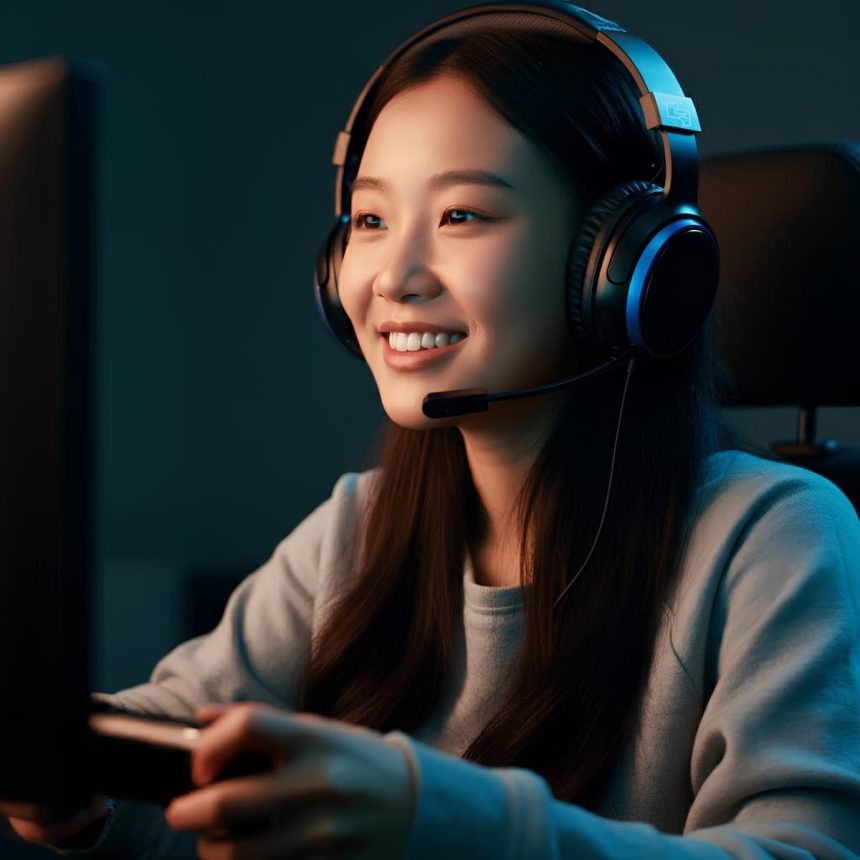Study Shows Video Games Can Improve Mental Wellbeing
Contrary to popular belief, playing video games has a positive effect on mental health. Those involved also feel more satisfied with their lives in general.

Contrary to popular belief, playing video games has a positive effect on mental health. Those involved also feel more satisfied with their lives in general.



